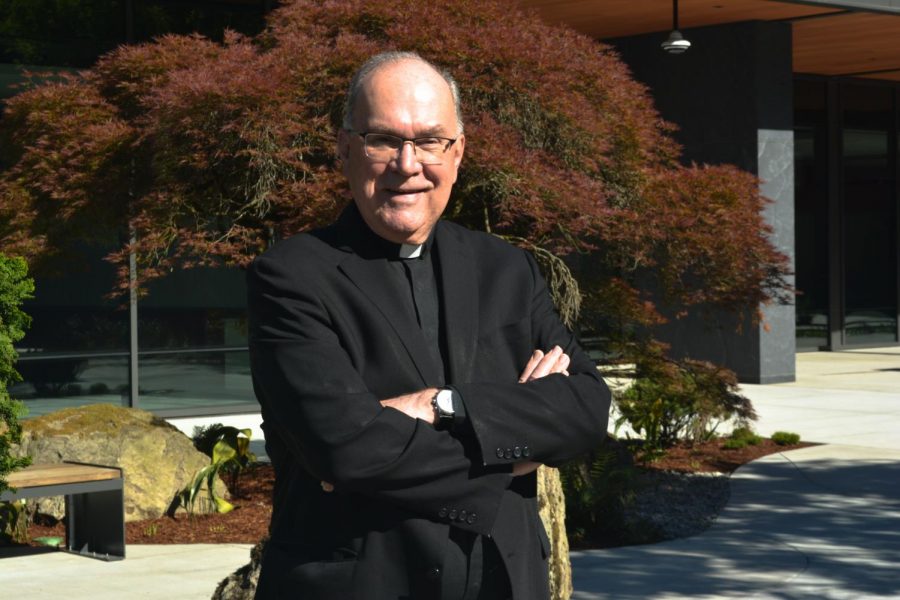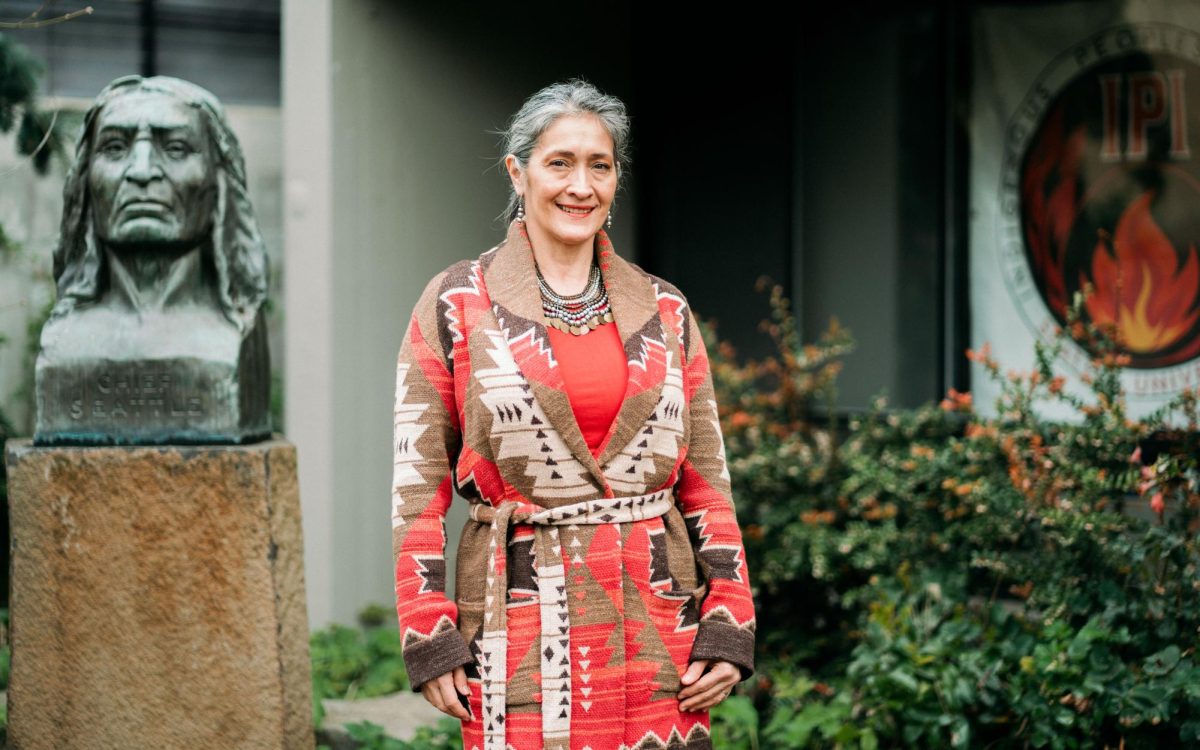Campus Ministry hosted a panel discussion called Soup with Substance on Thursday in an attempt to address the ongoing controversy surrounding the unionization of adjunct faculty.
“Basically, we want to raise awareness of the issue on campus,” said Madeline Corbin, Student Campus Minister for Social Justice. “[We want to] invite new people into the conversation, and [facilitate] conversation between faculty members and students.”
Fellow Student Campus Minister for Social Justice Claire Lucas echoed a similar sentiment. “I think it’s definitely important for us, coming from Campus Ministry, to facilitate conversation, and create the space for that,” Lucas said.
Campus Minister for Social Justice Jimmy McCarty identified the rift that the court review of the unionization has caused.
“The question, as I hear the university framing the conversation, is this tension between two separate rights: a right to religious freedom, and the rights of workers,” McCarty said. “I don’t think they ever want to frame it that way, but it seems to me that that’s a fundamental tension there.”
The question of faculty unionization itself is entrenched in Catholic thought, so Campus Ministry finds itself in a unique position to facilitate dialogue.
The administration argued that a union would threaten the school’s freedom of religion. Some faculty members argue that the rights of workers are central to our Catholic identity.
The panel favored the unionization of adjunct faculty, and they argued that the priorities of Seattle University should lie with the dignity of workers.
The members of this panel featured McCarty, as well as junior Madeline Mesa, film professor Ben Stork and history professor Theresa Earenfight.
The discussion was largely one-sided, featuring arguments in favor of unionization. But regardless, the panel still outlined the background for the opposition to the university administration’s decision.
Mesa portrayed the human rights involved in this controversy with an anecdote about an Italian professor who had to split a house nine ways to make ends meet.
“That’s the kind of toll that this takes,” Mesa said. “I had a teacher that I loved who inspired me, and they were gone because they didn’t have job security… That’s not okay for me as a student.”
Further, Stork said he thinks the administration relies on “conditional language” and “speculative rhetoric.” What the university’s speculation “attempts to obscure,” Stork said, “Are the actually existing conditions.”
The panel moved on to imagine the impact the administration’s decision will have on academic freedom.
“There is more to the First Amendment than what [Sundborg] told you,” Earenfight said. “There are four clauses. One other clause is my right as a faculty member to have academic freedom… They are stripping faculty’s right to academic freedom while they’re promoting some sort of non-existent, hypothetical, speculative problem that doesn’t exist.”
Beyond the arguments for religious freedom and workers’ rights, the panelists emphasized the financial aspect of this controversy.
“Father Sundborg admitt[ed] that he is using tuition from students to pay for these legal fees despite his own salary raising year after year,” Mesa said. “Here I am, contributing my time, and other students who are contributing their time and money into this campus, and I’m sure we’d all like our money and time to go into the betterment of faculty lives, betterment of campus life, academia, overall what we all went to college for. We’re not here to pay for legal fees for the university.”
The panel members encouraged students to research the financial information.
“Father Sundborg has said ‘it’s not a financial issue,’ and I don’t think the issue is that there’s no money. No one’s really concerned about that. The issue is that there is money; they just don’t want to spend it on this,” Mesa said. “That’s a human rights issue.”
Stork argued that social justice is not always in the financial interest of the university.
“There are no big pots of money out there to fund social justice. No business is going to fund that,” Stork said. “We need to push [the university] to live up to that.”
Mesa said that there shouldn’t be a controversy if the administration holds social justice as a priority.
As with any issue like this, several factors are at play, resulting in a complex problem that can only be solved with thorough consideration.
Ultimately, the issue can hardly be comprehensively vetted in a 45 minute panel, but activists and faculty members alike hope that conversations like these help get students passionate about what may be happening on their campus.
Josh may be reached at
[email protected]













